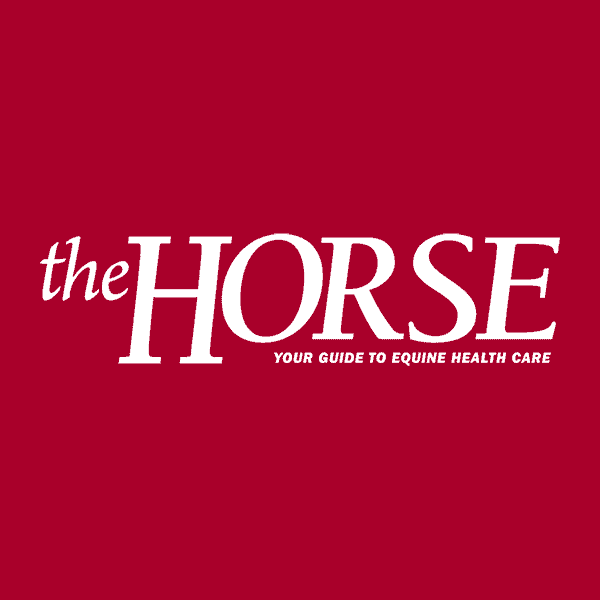Virginia Officials Prohibit Entry of Horses From Known Foot and Mouth Disease Countries
Effective March 23, officials with the Virginia Department of Agriculture and Consumer Services banned equines originating from a known foot and mouth disease (FMD) country, as designated by the U.S. Department of Agriculture, from entering
- Topics: Article, Foot and Mouth Disease
Effective March 23, officials with the Virginia Department of Agriculture and Consumer Services banned equines originating from a known foot and mouth disease (FMD) country, as designated by the U.S. Department of Agriculture, from entering Virginia directly or via indirect shipment through another country, state, or territory.
This preventive procedure has been initiated in order to protect Virginia’s livestock industry from a possible incursion of foot and mouth disease. This procedure is an emergency measure and will remain in effect until FMD is no longer considered a threat to the Commonwealth of Virginia.
Foot and mouth disease is a viral disease that affects cloven-hooved animals including cattle, sheep, goats, pigs, and deer. It does not affect humans, nor does it affect the food supply, but humans can transmit the disease. Fully cooked meats remain safe to eat. The major symptom of FMD infection is vesicles or blisters on the mouth, tongue, nose or snout, teats and feet. Other symptoms include drooling and a reluctance to bear weight on their feet. Diseased animals run fevers, lose their appetites, stop producing milk and become very lame. Foot and mouth disease can cause death in affected animals, especially newborns. It is highly contagious and because there are several strains of the virus as well as many sub-types, vaccines are not considered an effective remedy
Create a free account with TheHorse.com to view this content.
TheHorse.com is home to thousands of free articles about horse health care. In order to access some of our exclusive free content, you must be signed into TheHorse.com.
Start your free account today!
Already have an account?
and continue reading.

Written by:
The Horse Staff
Related Articles
Stay on top of the most recent Horse Health news with












